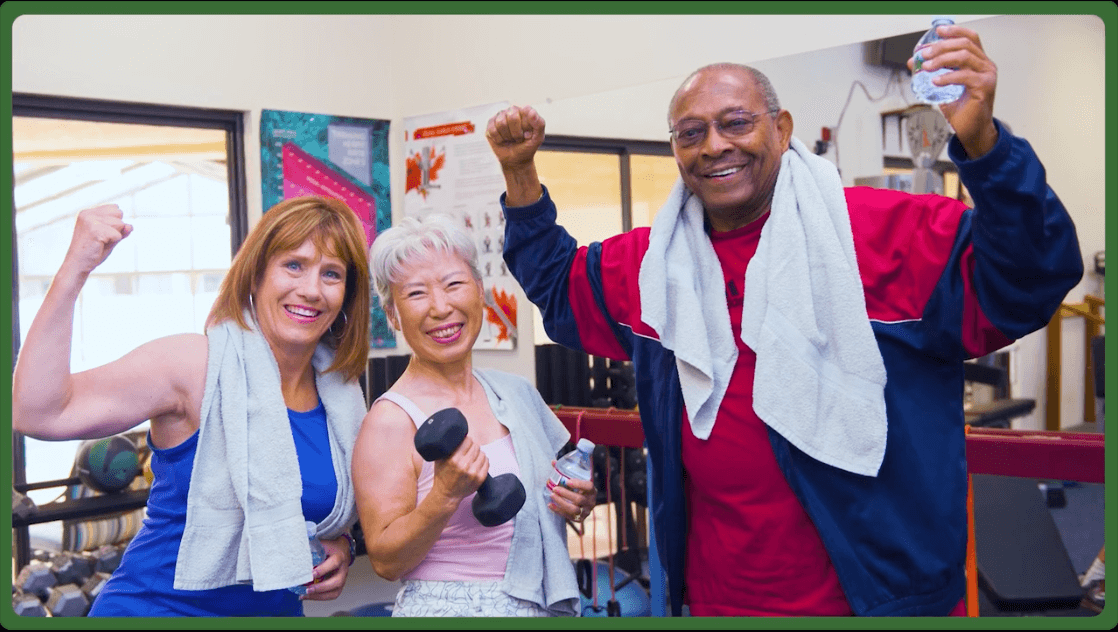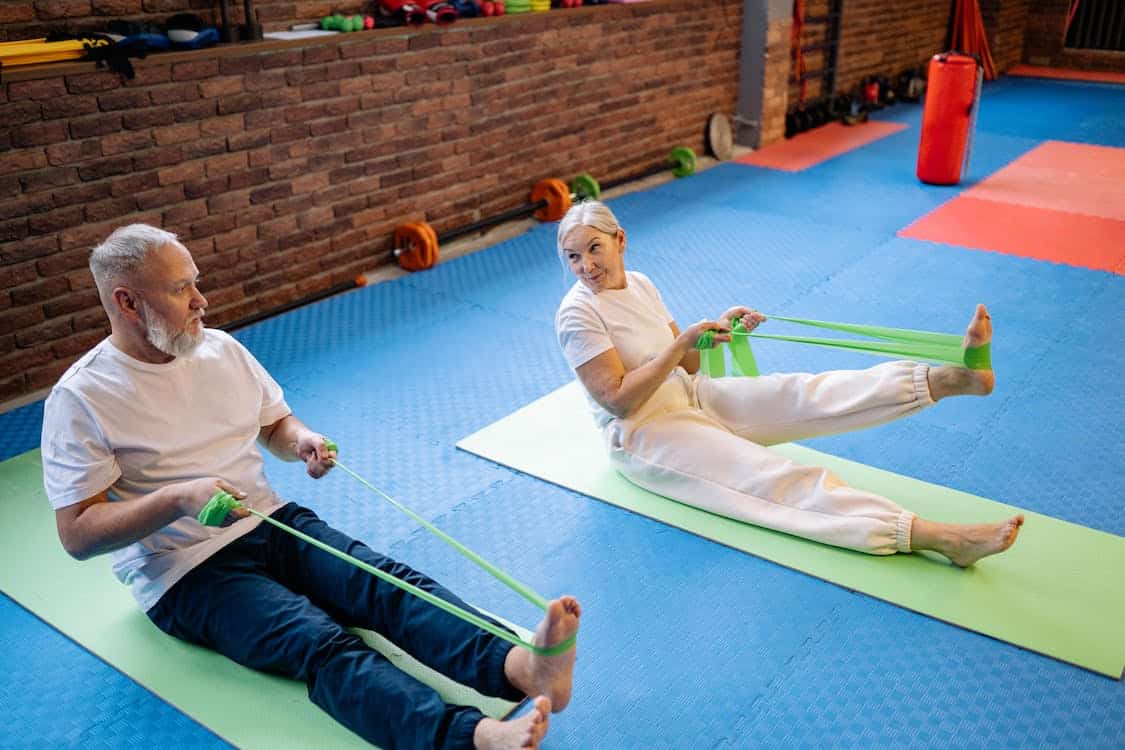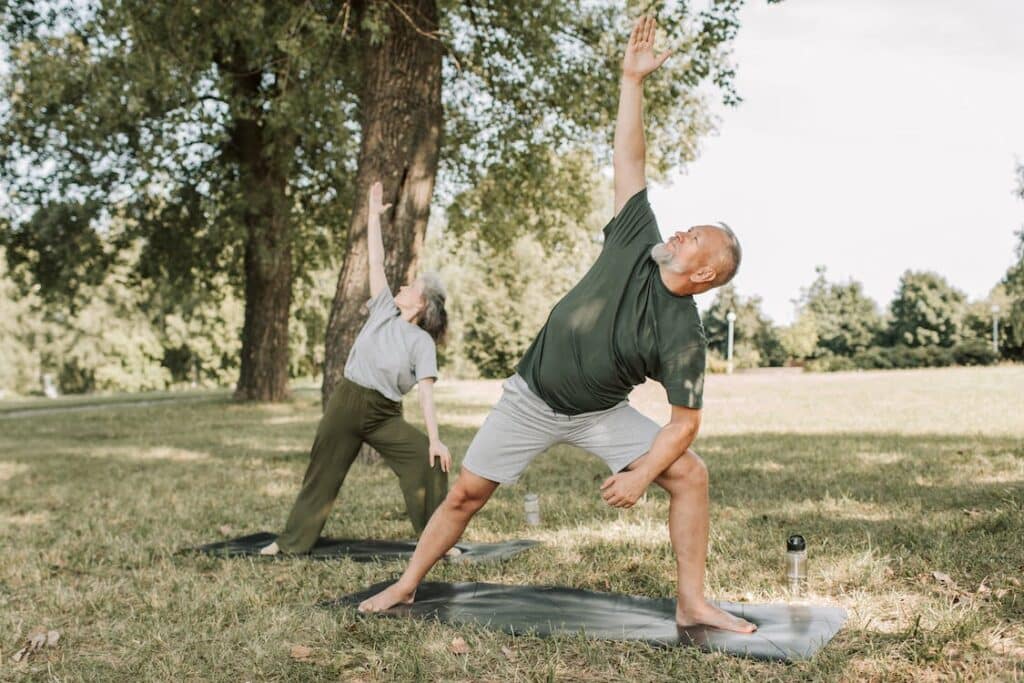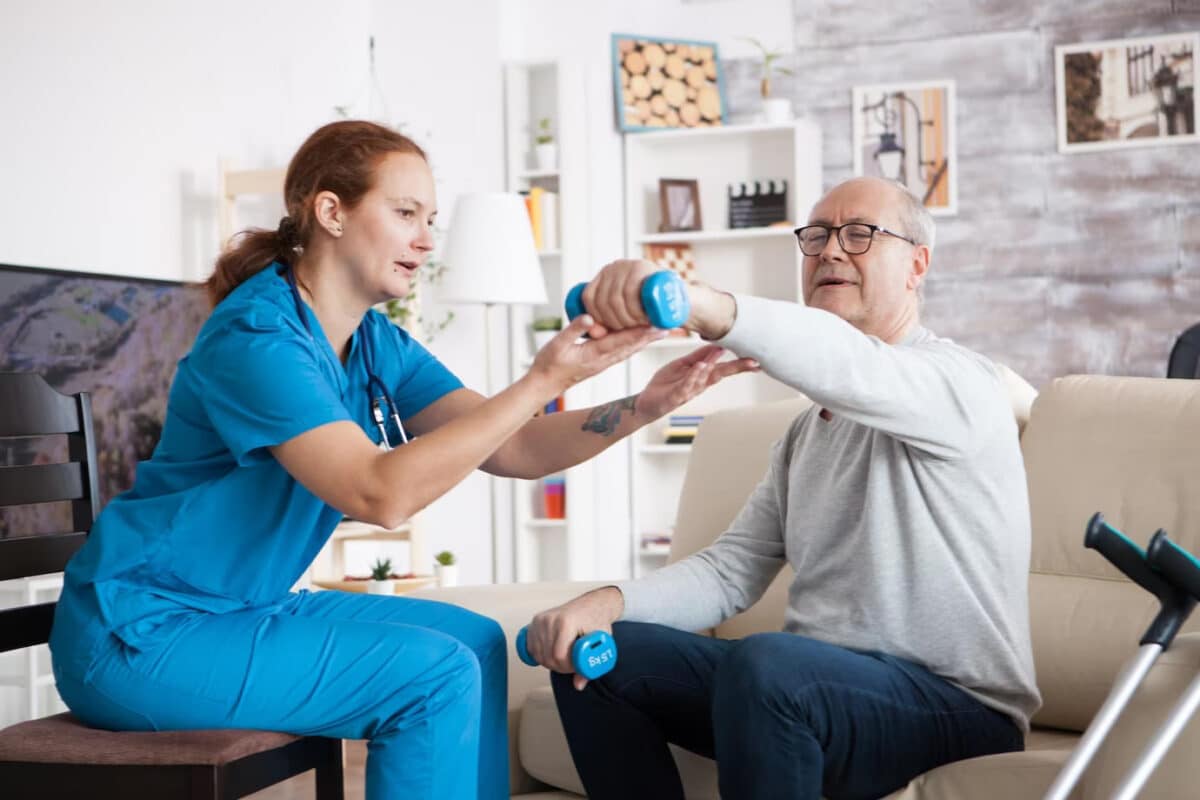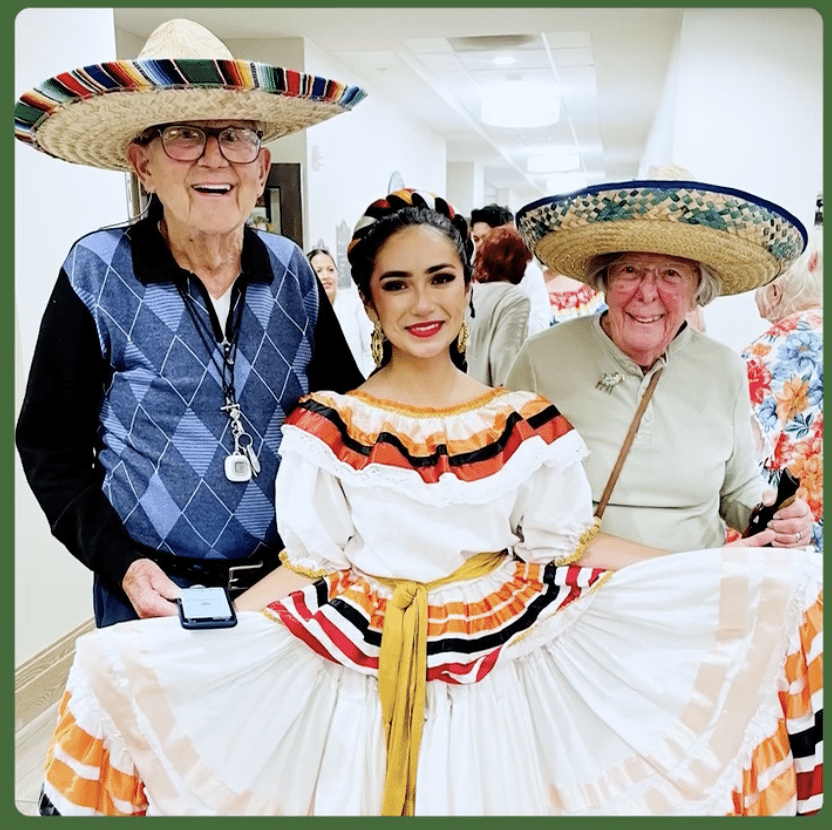Rehab Facility for Elderly: Choosing the Right One
Choosing the Right Rehab Facility for Elderly Care
Finding the right rehab facility for elderly care isn’t just about proximity—it’s about purpose-driven support tailored to your loved one’s needs. Whether they’re recovering from surgery, illness, or injury, seniors deserve a space that fosters healing, builds confidence, and encourages independence.
The journey toward recovery should feel supportive, not overwhelming. That’s why seniors receive individualized attention at facilities like Westmont of Cypress through physical, occupational, and speech therapy. From understanding Medicare coverage to assessing lifestyle preferences, making an informed decision about a rehab facility for the elderly near you is essential for their long-term well-being.
Overview of Rehabilitation Services for Seniors
When considering a rehabilitation facility for elderly individuals, it’s important to understand the services specifically designed to restore mobility and improve quality of life. These programs integrate physical, occupational, and speech therapies, ensuring a comprehensive approach to healing.
At Westmont of Cypress, seniors benefit from independence through therapy, which focuses on regaining self-sufficiency in daily tasks. The setting of a modern rehab facility for the elderly also helps promote emotional resilience through social engagement, group activities, and mental wellness programs.
Whether your loved one is transitioning from hospital care or simply needs short-term rehab, these centers deliver hands-on, restorative care in a compassionate environment.
Specialized Approaches in Geriatric Rehabilitation
A successful recovery for seniors hinges on tailored, age-appropriate rehabilitation techniques. Geriatric rehab requires a deep understanding of age-related changes and chronic conditions. A high-quality rehabilitation facility for elderly individuals will employ:
- Customized Treatment Plans – Programs explicitly designed for conditions such as stroke, fractures, and cardiac events.
- Multidisciplinary Care Teams – Physical therapists, dietitians, psychologists, and physicians working in concert.
- Assistive Equipment – From mobility aids to balance-training devices that reduce fall risk.
- Ongoing Motivation & Monitoring – Encouraging seniors with small milestones while carefully tracking recovery.
These personalized approaches, as emphasized in customized care plans, help seniors reach greater levels of independence, improve cognitive function, and experience better long-term outcomes.
Key Differences Between Rehabilitation and Long-Term Care
Understanding the distinction between a rehab facility for elderly patients and long-term care options can clarify your decision-making process. Rehab facilities are intended for short-term recovery, often after hospitalization due to injury or surgery. The goal is rehabilitation and discharge.
In contrast, long-term care supports those with chronic conditions or progressive illnesses, focusing on daily assistance and medical monitoring rather than recovery. Choosing between a rehabilitation facility for the elderly and a long-term care facility depends on the senior’s prognosis and recovery goals.
For instance, personalized health care plans in assisted living can supplement or bridge the transition between rehabilitation and long-term care.
Understanding Medicare Coverage for Rehab Services
One of families’ biggest concerns is how to afford care at a rehab facility for elderly near you. Thankfully, Medicare Part A provides substantial support for short-term rehab in a skilled nursing facility. Here’s what to know:
- Eligibility includes anyone 65+ or those with qualifying disabilities.
- Coverage includes up to 100 days of care, with the first 20 days fully covered and a co-pay required afterward.
- The 60% rule requires facilities to focus on intensive rehab care for specific qualifying conditions.
It’s crucial to evaluate each facility’s Medicare compliance and understand options for financial assistance programs, including Medicaid or supplemental insurance. For additional guidance, the Medicare.gov guide on rehab services is an excellent resource.

Assessing Lifestyle and Care Needs for Elderly Individuals
Choosing the right rehabilitation facility for elderly individuals also means considering the emotional and social factors that contribute to healing. Key lifestyle considerations include:
- Mobility and Physical Activity – Are they able to participate in physical therapy sessions?
- Mental Health and Emotional Support – Does the facility offer counseling or peer interaction?
- Social Preferences – Are they more introverted or extroverted?
- Spiritual or Cultural Needs – Does the facility respect or accommodate specific traditions?
A thorough evaluation can guide you toward a rehab facility for the elderly near you that aligns with your loved one’s personality and medical needs. Community engagement not only boosts morale but can play a measurable role in improving rehabilitation outcomes.
How to Find the Best Rehab Facility for the Elderly Near You
Locating a trustworthy rehab facility for the elderly near you requires diligence and research. Start with the following:
- Online Reviews & Ratings – Use tools like U.S. News & World Report’s Nursing Home Finder to compare rehab centers in your area.
- In-Person Tours – Visit potential facilities to assess cleanliness, friendliness, and therapy services.
- Ask About Staff Training – Ensure they specialize in geriatric care and have proper certifications.
- Check Safety Records – Look for state inspection reports or health code violations.
Taking the time to evaluate each option ensures peace of mind and helps you select the ideal rehabilitation facility for elderly recovery.
The Power of Balance and Strength Training in Rehab
Incorporating balance and strength training into rehab programs significantly improves recovery outcomes. Many rehab facilities for elderly individuals now offer specialized programs like:
- Tai Chi or gentle yoga
- Resistance bands for strength
- Fall prevention courses
These activities build coordination, reduce injury risk, and improve confidence. Check whether the facility offers evidence-based programs like Otago Exercise Program, especially designed for seniors.
A Life-Changing Step Toward Recovery
Choosing the right rehab facility for elderly loved ones is more than just a medical decision—it’s a life-changing one. With the right team, tools, and approach, seniors can reclaim mobility, confidence, and dignity. The process begins with understanding the unique benefits of short-term rehab versus long-term care and securing Medicare support when eligible.
By evaluating lifestyle needs, therapy services, and emotional wellness factors, families can identify a rehab facility for elderly near you that truly supports holistic healing. These institutions don’t just help seniors recover—they help them thrive.
To take the first step toward personalized care, contact Westmont of Cypress at 714-252-7144 or schedule a tour today: Schedule a Tour.
Frequently Asked Questions
How long can an elderly person stay in a rehab facility?
The length of stay in a rehab facility varies based on the individual’s condition and progress. Most short-term rehabilitation stays last between 20 and 30 days, but some may extend up to 100 days if medically necessary. Medicare may cover up to 100 days in a skilled nursing facility per benefit period, with conditions. After that, additional costs typically fall to the patient or their insurance.
What is the difference between a rehab facility and a nursing home?
A rehab facility focuses on short-term recovery after surgery, illness, or injury, offering intensive physical, occupational, or speech therapy. Nursing homes provide long-term care and daily assistance for seniors with chronic health conditions or disabilities. While both offer 24/7 care, rehab aims to help patients regain independence, whereas nursing homes support ongoing care needs. The staff and therapy intensity also differ between the two.
Does Medicare cover rehab for seniors?
Yes, Medicare Part A covers rehabilitation services for seniors in a skilled nursing facility if certain criteria are met. The patient must have had a qualifying hospital stay and need skilled care daily. Coverage includes up to 100 days per benefit period—fully covered for the first 20 days, with coinsurance from days 21-100. Beyond that, patients are responsible for the full cost.
When might an elderly patient require rehabilitation?
An elderly patient may require rehabilitation after surgery, stroke, fall-related injuries, or hospitalization for illness. Rehab helps them regain strength, balance, mobility, or cognitive function to improve daily living. It can also be essential for preventing further decline and promoting independence. Doctors typically recommend it when recovery is possible with focused therapy.










